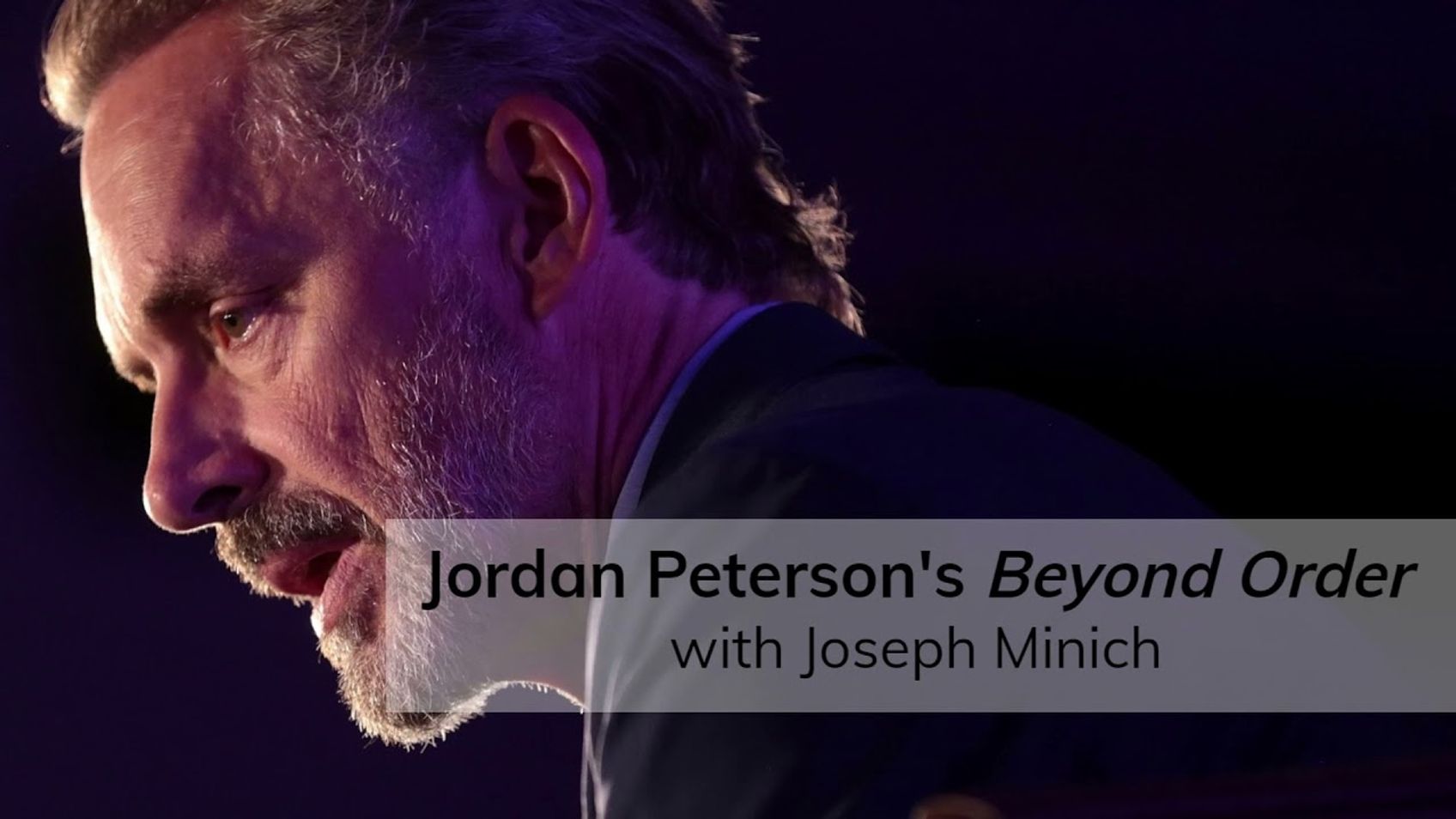Jordan Peterson's 'Beyond Order' (with Joseph Minich)

I was joined by my friend Joseph Minich for a discussion of Jordan Peterson's new book, 'Beyond Order' (https://amzn.to/2QOGyLf).
See more of Joseph's work over on the Pilgrim Faith podcast (https://www.youtube.com/playlist?list=PLV68MyIL6gMc5ocrY2K7Cn4Jnpmqm8Z76) and his Plausible Faith podcast series (https://www.youtube.com/playlist?list=PLV68MyIL6gMfnCi0x-k-eRLSM2zYzTNgC). He has also written the book 'Enduring Divine Absence: The Challenge of Modern Atheism' (https://amzn.to/3vOpAv0).
If you have enjoyed my videos and podcasts, please tell your friends. If you are interested in supporting my videos and podcasts and my research more generally, please consider supporting my work on Patreon (https://www.patreon.com/zugzwanged), using my PayPal account (https://bit.ly/2RLaUcB), or by buying books for my research on Amazon (https://www.amazon.co.uk/hz/wishlist/ls/36WVSWCK4X33O?ref_=wl_share).
The audio of all of my videos is available on my Soundcloud account: https://soundcloud.com/alastairadversaria. You can also listen to the audio of these episodes on iTunes: https://itunes.apple.com/gb/podcast/alastairs-adversaria/id1416351035?mt=2.
More From Alastair Roberts
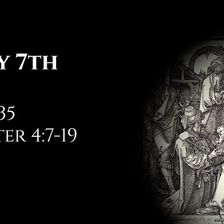
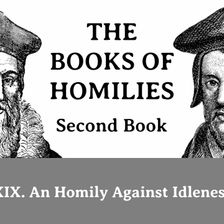
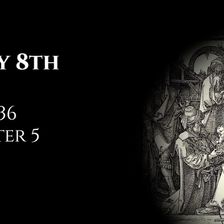
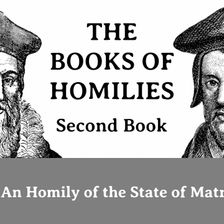
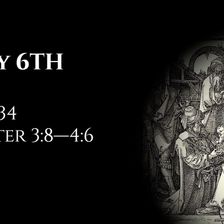
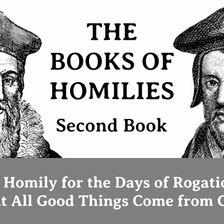
More on OpenTheo















